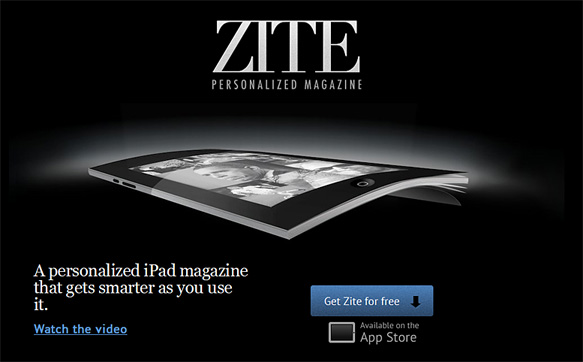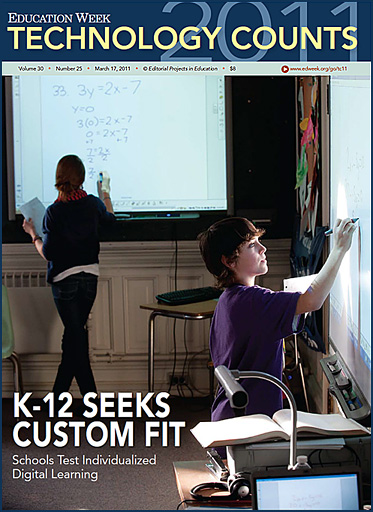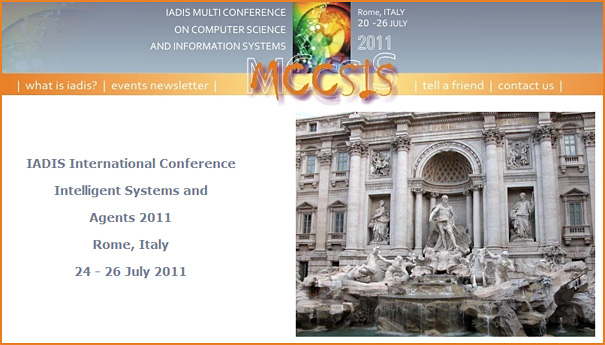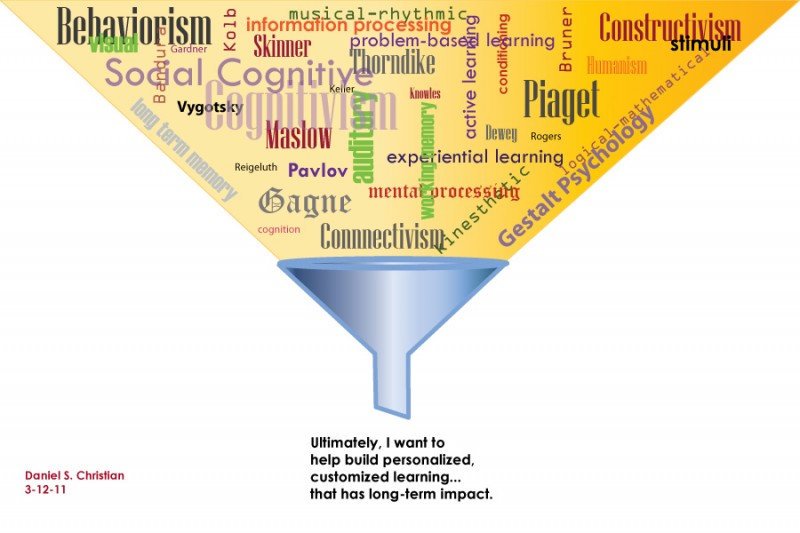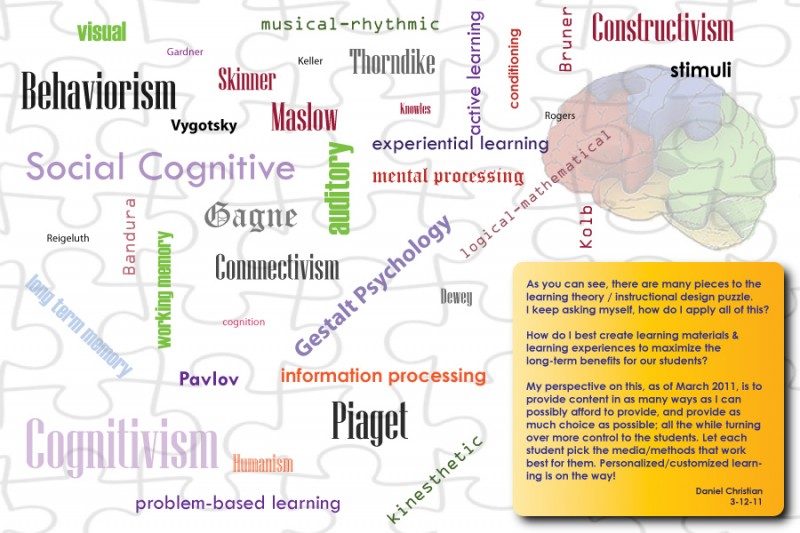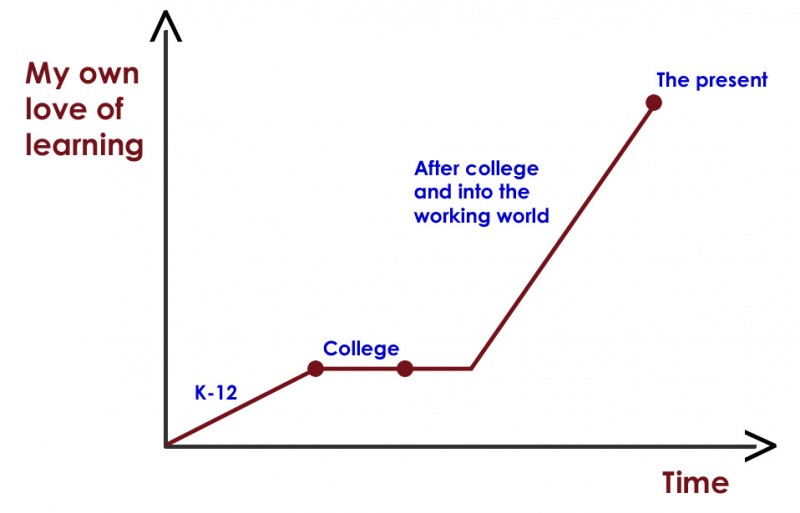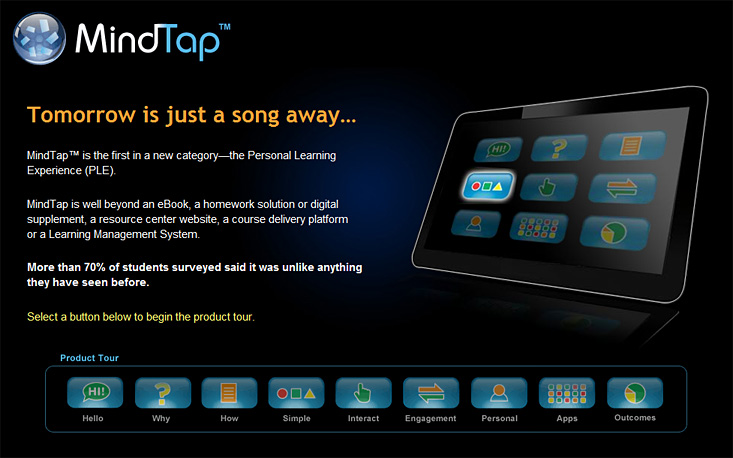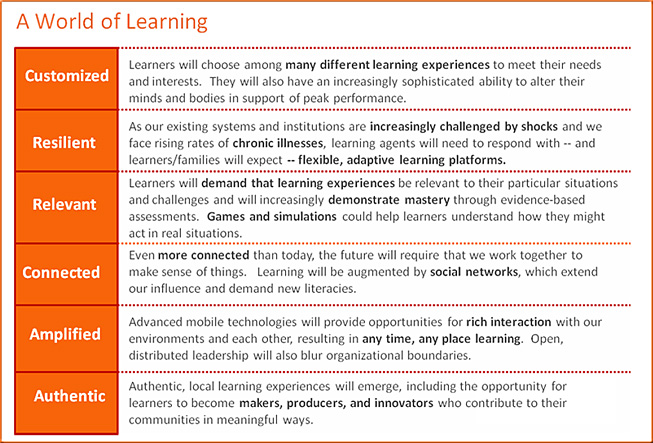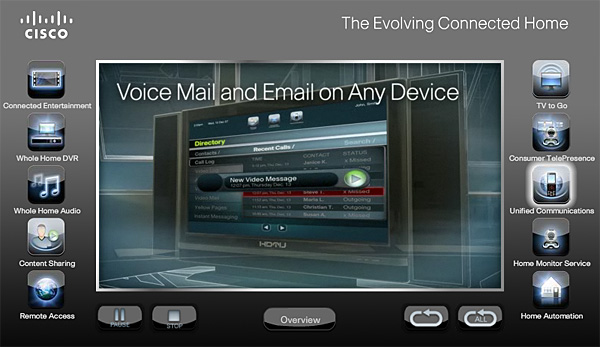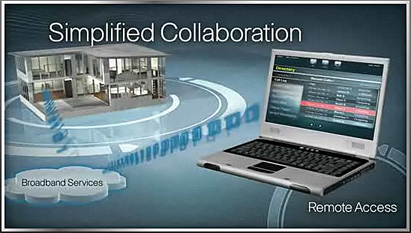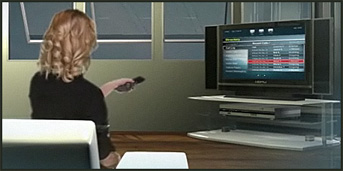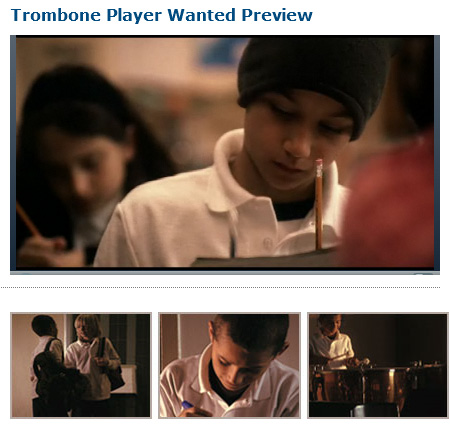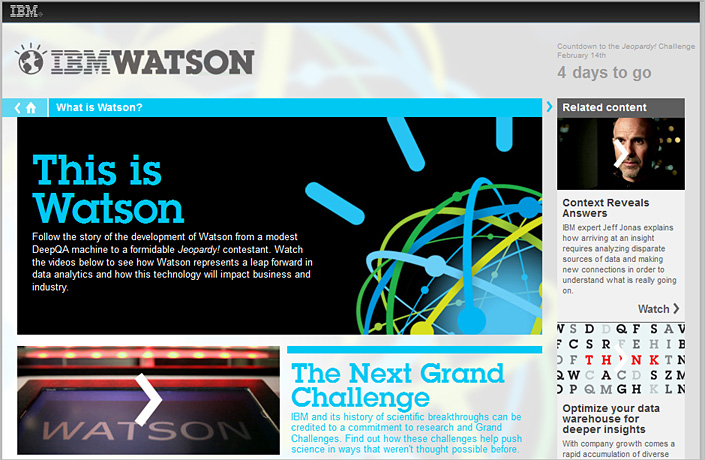Customized Schooling — from edweek.org by Rick Hess
Excerpt:
So, if you’re ready to get your geek on, have I got a treat for you. Harvard Education Press has just published Customized Schooling: Beyond Whole-School Reform. The book, edited by Bruno Manno and [Rick Hess], is an attempt to pull together a bunch of sharp thinking on how we get past just trying to “fix” schools–or to merely give families a choice between school A and school B–and how we start to think about using new tools, technologies, and talent to transform the quality of teaching and learning.
School turnarounds are a swell idea, and will occasionally work. And I’m broadly in favor of choice-based reform as a useful way to open up systems to new providers and permit schools to sharpen their focus. But these measures retain and even enshrine the assumptions of the 19th century schoolhouse, and those assumptions seem an unlikely answer to the challenges of the 21st century. (For my full riff on this score, go peruse last fall’s The Same Thing Over and Over.)
.
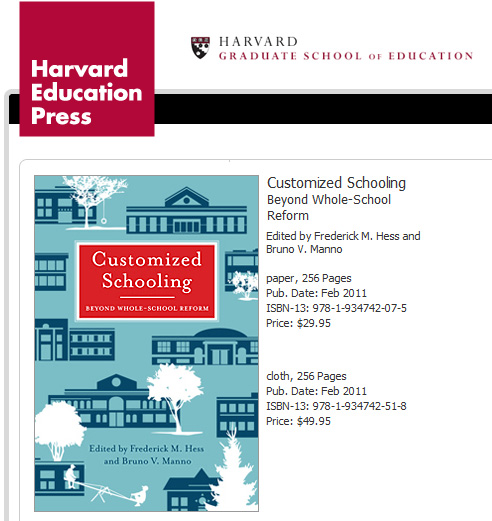
Contents
Introduction
Bruno V. Manno and Frederick M. Hess
1 Creating Responsive Supply in Public Education
Kim Smith and Julie Petersen
2 Reframing the Choice Agenda for Education Reform
Chester E. Finn Jr. and Eric Osberg
3 The Rise of Global Schooling
Chris Whittle
4 Multiple Pathways to Graduation
Tamara Battaglino and JoEllen Lynch
5 The Evolution of Parental School Choice
Thomas Stewart and Patrick J. Wolf
6 Education Tools in an Incomplete Market
Douglas Lynch and Michael Gottfried
7 A Typology of Demand Responders in K–12 Education
Joe Williams
8 Price Competition and Course-Level Choice in K–12 Education
Burck Smith
9 The Data Challenge
Jon Fullerton
10 Will Policy Let Demand Drive Change?
Curtis Johnson and Ted Kolderie
Conclusion
Frederick M. Hess and Olivia Meeks









